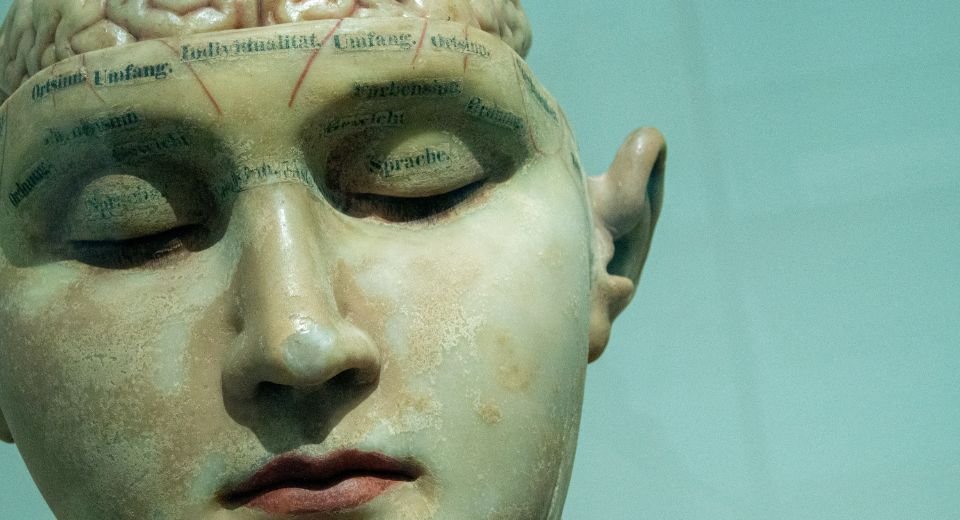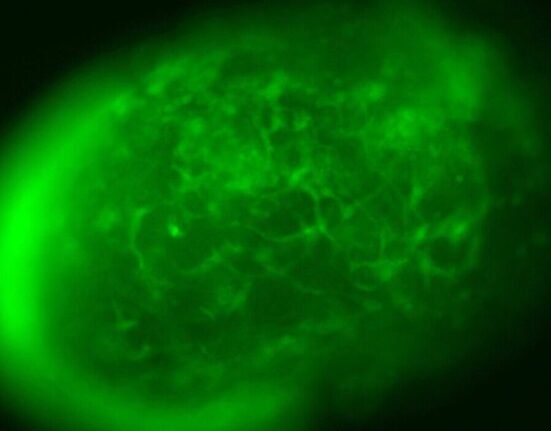HQ Team
October 8, 2024: Sage Therapeutics Inc.’s experimental drug failed to meet its main goal of treating mild dementia due to Alzheimer’s disease and the US, Cambridge-headquartered company has halted its trials.
The mid-stage trial of dalzanemdor drug “did not demonstrate a statistically significant difference from baseline in participants treated with dalzanemdor versus placebo on the primary endpoint,” according to a company statement.
More than 170 participants enrolled for the study, and based on the trial data “the company does not plan further clinical development of dalzanemdor in Alzheimer’s disease.”
“Alzheimer’s Disease is an incredibly complex and devastating condition, and people with related mild cognitive impairment and mild dementia need more treatment options,” said Barry Greene, Chief Executive Officer, Sage Therapeutics.
‘Disappointed’
The company was “disappointed” by the results. “We hope our work and these findings help to inform future research,” he said.
Dalzanemdor was “generally well-tolerated and no new safety signals were observed. The majority of treatment-emergent adverse events were mild to moderate in severity,” according to the statement.
Sage expects to report topline data from another study of dalzanemdor in people with cognitive impairment associated with Huntington’s Disease later this year.
Essential tremors
In July 2024, an oral investigational drug jointly developed by Biogen Inc., and Sage Therapeutics Inc., failed to stop essential tremors in patients, forcing the companies to halt the trial.
The trial did not demonstrate a statistically significant dose-response relationship on the primary endpoint in participants with essential tremor.
In August last year, the USFDA green-lighted the first oral medication indicated to treat postpartum depression in women, which occurs after childbirth or during the later stages of pregnancy.
Sage Therapeutics would market the medicine, zuranolone, made in partnership with Biogen Inc. It was given a Fast Track and Priority Review by the US drug regulator. The regulator, however, rejected it for clinical depression.
Most common form of dementia
Currently, more than 55 million people have dementia worldwide, over 60% of whom live in low-and middle-income countries. Every year, there are nearly 10 million new cases.
Dementia results from a variety of diseases and injuries that affect the brain. Alzheimer’s disease is the most common form of dementia and may contribute to 60–70% of cases, according to the World Health Organization.
Dementia is currently the seventh leading cause of death and one of the major causes of disability and dependency among older people globally.








